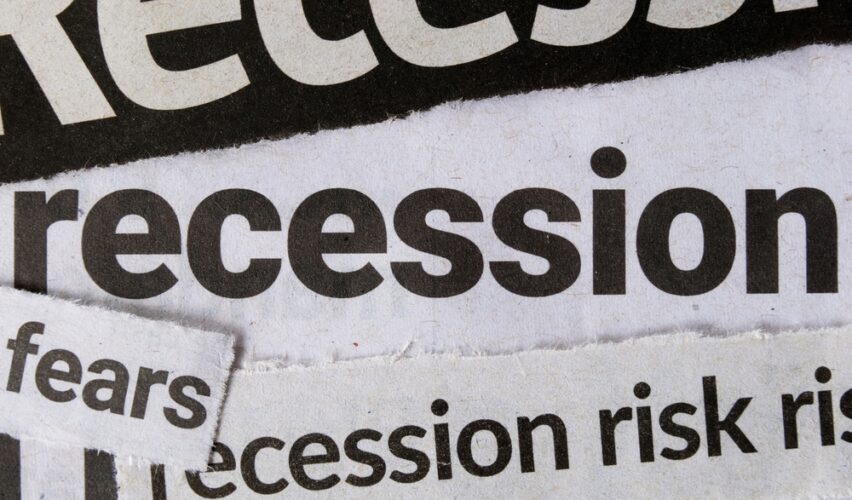Concerns about a potential U.S. recession are beginning to wane, partly due to a September drop in the national unemployment rate. However, economists are keeping an eye on key indicators that could signal the risk of a recession in the next 12 months. And while an economic slowdown was predicted by many analysts, the U.S. economy just keeps growing, for now.
Predicting A Recession
The Sahm Rule, named after former Federal Reserve economist Claudia Sahm, indicates that if the unemployment rate, averaged over three months, rises by at least half a percentage point over the past 12 months, the nation is likely in a recession. This rule has accurately predicted all U.S. recessions since the 1970s.
Data Indicators
In July 2024, the jobs report showed that employers added 114,000 jobs, which was lower than expected, and the unemployment rate increased to 4.3% – up from 4.1% in June – triggering the Sahm Rule. Claudia Sahm stated that while it was “very unlikely that we are in a recession,” the situation is “getting uncomfortably close.” Fortunately, recent reports have eased the fears of nervous investors as the economy continues to add jobs and benefit from increased productivity.
Definition of a Recession
There is no official definition of a recession. The National Bureau of Economic Research defines it as a “significant decline in economic activity spread across the economy, lasting more than a few months, normally visible in production, employment, real income, and other indicators.” Again, recent reports show the U.S. economy moving further away from a recession as consumer spending continues to rise and household wealth grows.
“Fortunately, recent reports have eased the fears of nervous investors as the economy continues to add jobs and benefit from increased productivity.”
Impacts of a Recession
During a recession, the economy shrinks, leading to layoffs, slower hiring, higher unemployment, and stalled wage growth. Investments in stocks, bonds, and other assets can lose value. Recessions can last from a few months to several years.
Preparing for a Recession
To better withstand a recession, consider the following tips:
Build a Monthly Budget – Understand your basic living expenses and track your financial accounts.
Stick to Investment Plans – Maintain your investment strategy despite market volatility.
Seek Job Security – If you think you could be laid off, start looking for other job opportunities.
Save for Emergencies – Aim to save enough to cover three to six months of living expenses. Contribute to your emergency fund incrementally, and consider automatic transfers from your paycheck to ensure you’re saving consistently.
Working with an FRC® trained advisor will help you navigate potential economic downturns more securely.























